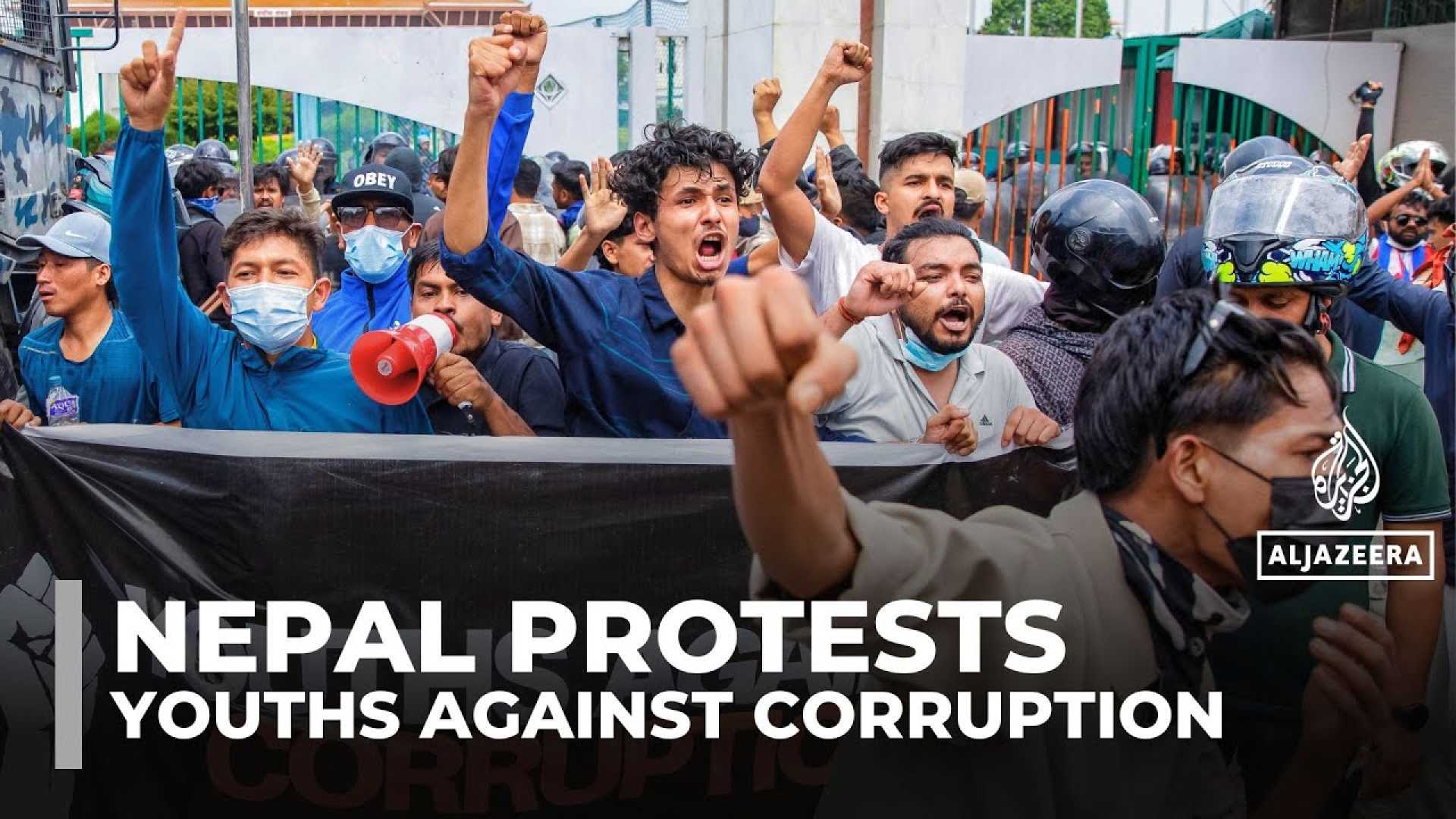News
Young Activists Spark Anti-Corruption Protests Across Asia

KATHMANDU, Nepal — In May, 23-year-old activist Aditya saw a post about a lavish wedding of a politician’s daughter in Bhaktapur that blocked roads for VIP guests, including the prime minister. This led to his growing anger over the corruption he observed among Nepalese politicians and their families.
As he scrolled through social media, he found images of lavish lifestyles, including luxury vacations and extravagant gifts that fueled his determination for change. On September 8, Aditya joined thousands of young people in Kathmandu for protests against corruption, which saw fierce clashes with the police, leaving dozens dead.
The anger is part of a broader wave of protests among young people across Asia fighting against what they see as systematic corruption. Similar movements have emerged in Indonesia, where students protested against lawmakers’ budget cuts, and the Philippines, where citizens expressed their discontent over governmental neglect and corruption.
Crowds in Nepal stormed Parliament, leading to the resignation of Prime Minister KP Sharma Oli. Protests also erupted in Indonesia and the Philippines, spearheaded by a generation that feels ignored. “We learned that nothing can stop us, this generation of students and youth,” Aditya stated.
These protests often center on the so-called “nepo kids,” children of influential figures who are perceived to enjoy unfair advantages. Saugat Thapa, a provincial minister’s son, defended his family’s wealth, claiming it was misinterpreted by the public. However, many protesters associate this elitism with broader social inequality and corruption.
In Indonesia, 22-year-old student Zikri Afdinel Siregar protested against sizable allowances for legislators compared to his meager income. He shared how many struggle to afford basic necessities while politicians live opulently.
The unrest in Nepal coincided with government actions to restrict social media platforms, leading to suspicions that officials were trying to suppress dissent. In response, Aditya and his friends formed the group ‘Gen Z Rebels,’ using technology and social media to amplify their message and organize protests.
Amidst the unrest, online influence surged with hashtags uniting movements; ‘#SEAblings’ became a rallying cry for solidarity among young protesters in the region. “These days, images of protests spread faster, reaching a broader audience than ever before,” historian Jeff Wasserstrom noted.
In response to the unrest, governments have acknowledged public concerns. In Indonesia, lawmakers have begun review processes for controversial budgets, while in the Philippines, President Ferdinand Marcos Jr. pledged a thorough investigation of flood control funds amid rising anger.
Despite the government responses, many remain skeptical about whether these movements can result in systematic change. Aditya expressed determination for a different outcome this time, promising that his generation will avoid past mistakes. The outcome of these protests and the potential for meaningful reform remain uncertain.












